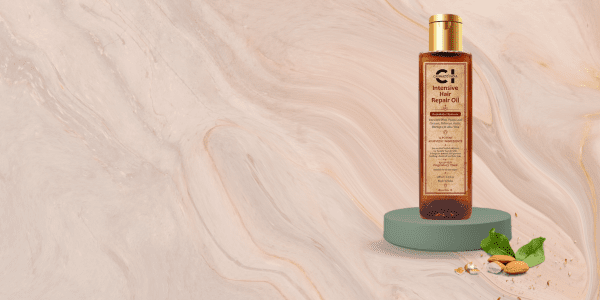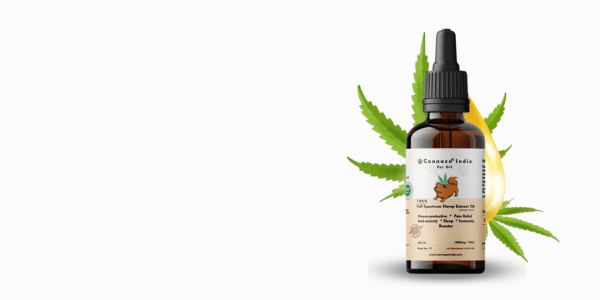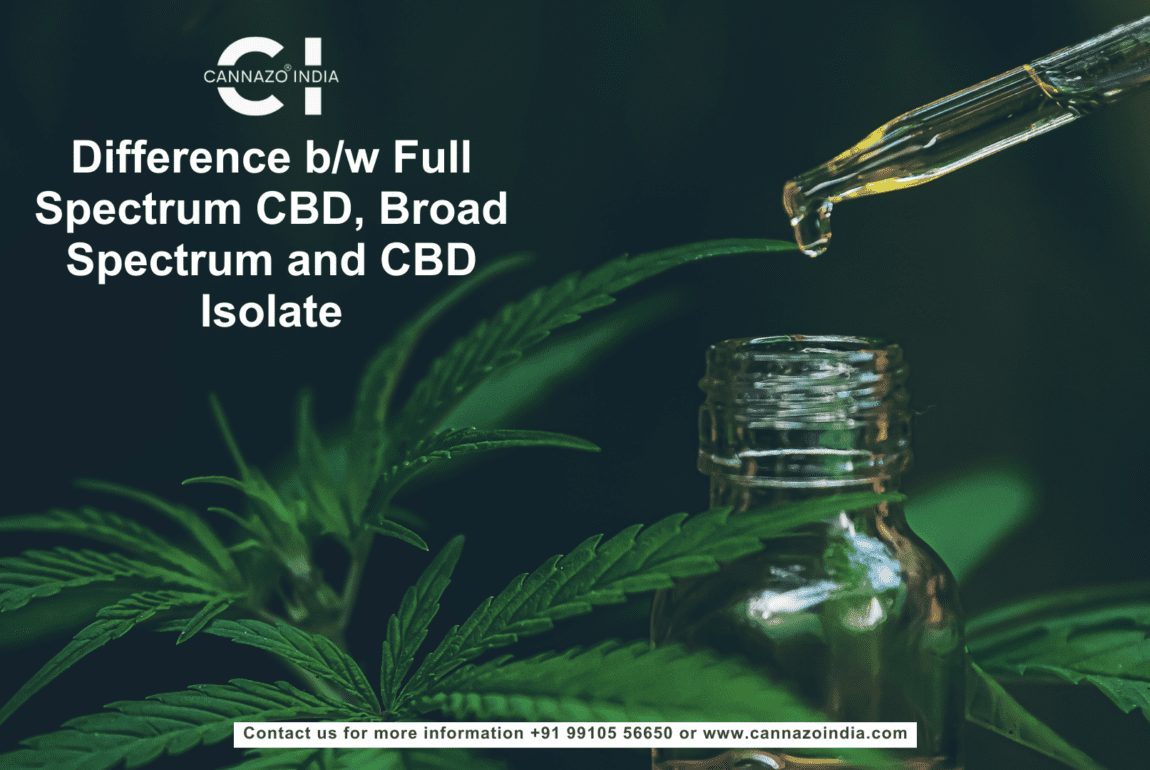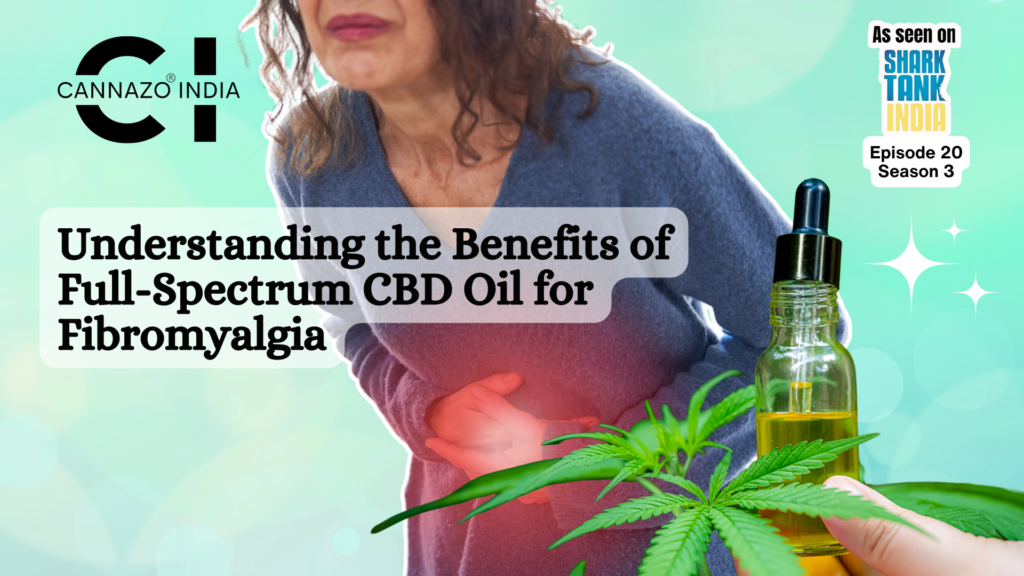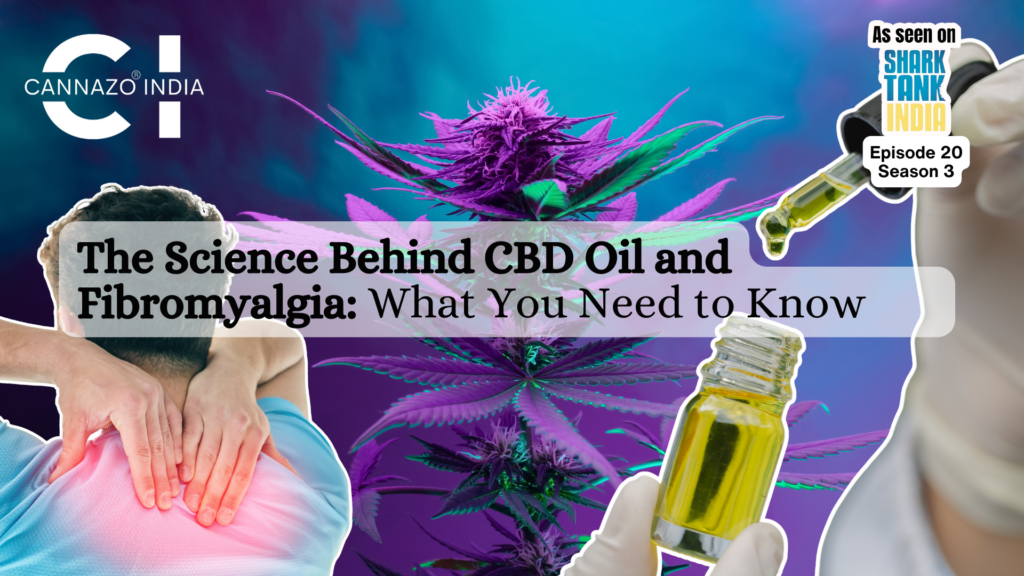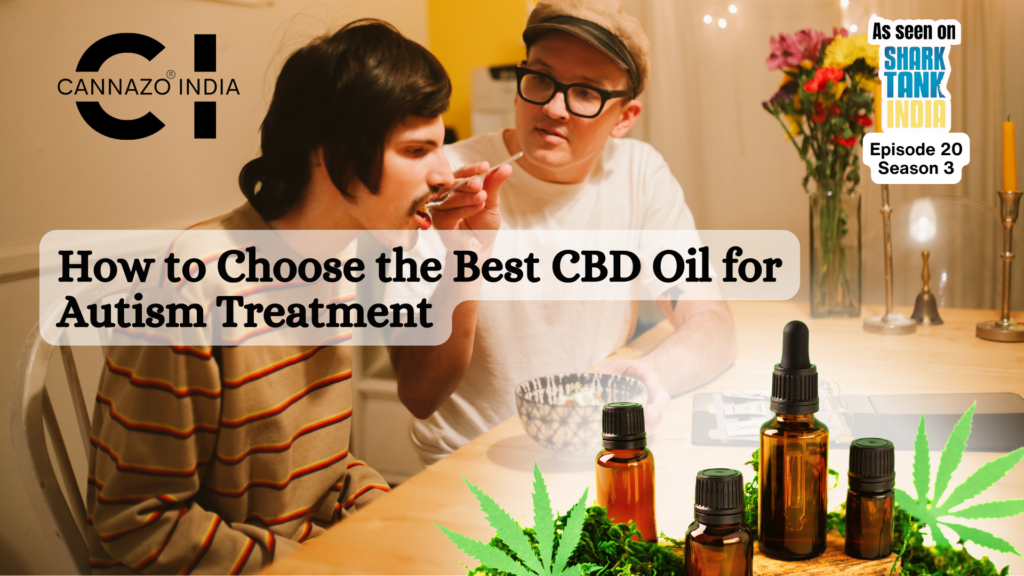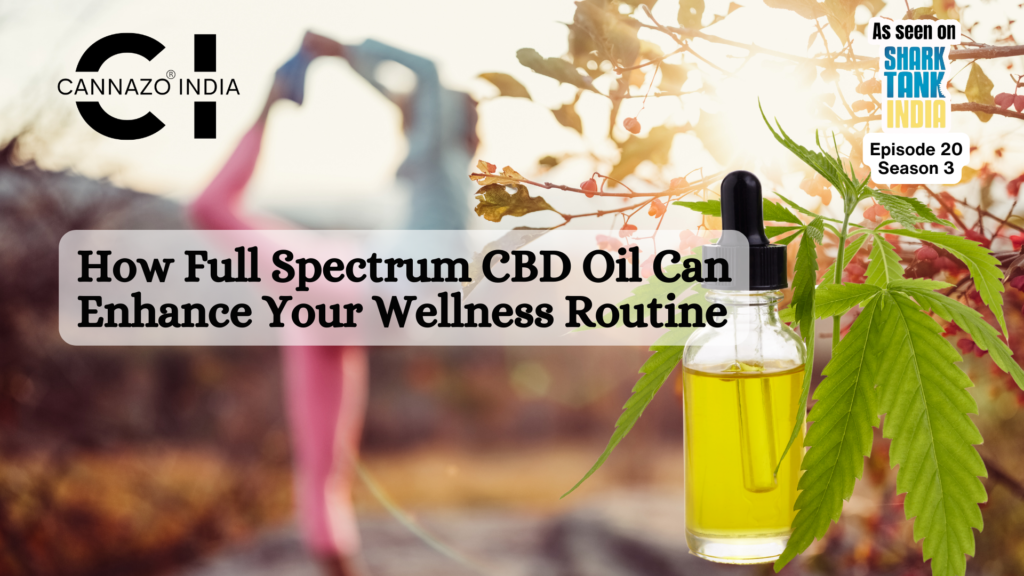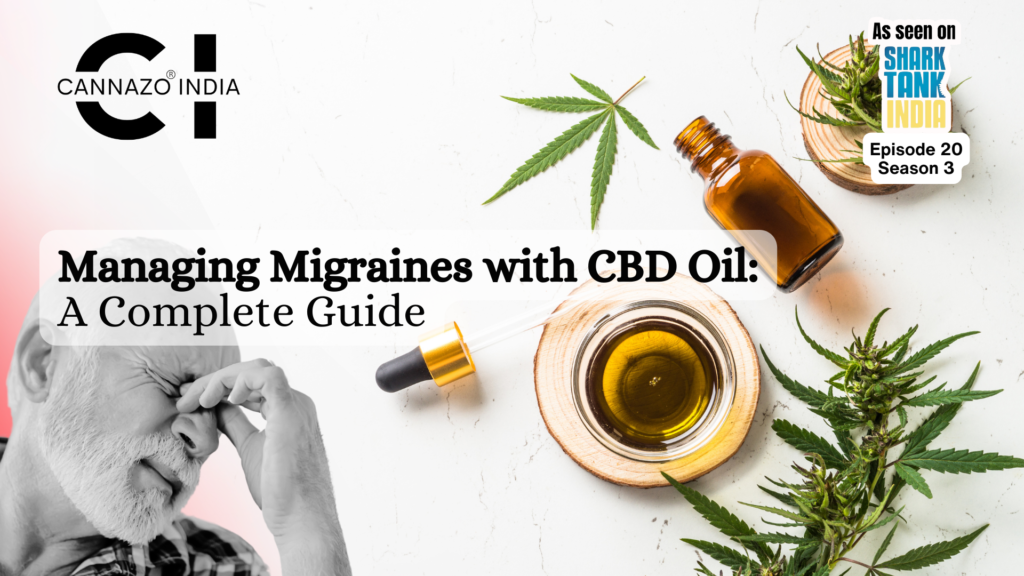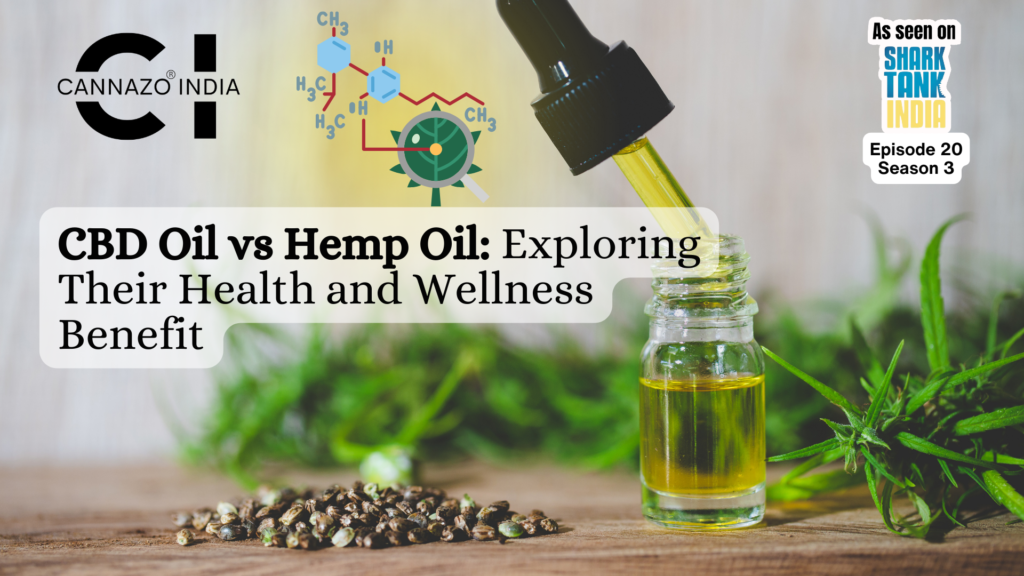Understanding CBD Extract Types: Full Spectrum CBD, Broad Spectrum, and CBD Isolate
CBD, short for cannabidiol, is a prominent compound derived from the Cannabis sativa plant. In recent years, CBD has gained immense popularity for its potential therapeutic benefits, leading to a surge in CBD products available in the market. When considering CBD products, one of the essential factors to understand is the type of CBD extract used – Full Spectrum, Broad Spectrum, or CBD Isolate.
In this comprehensive guide, we will delve into the differences, benefits, drawbacks, and potential applications of Full Spectrum CBD, Broad Spectrum CBD, and CBD Isolate. By the end of this article, you should have a clear understanding of which CBD extract type aligns best with your preferences and needs.
Full Spectrum CBD
Full Spectrum CBD is often regarded as the most holistic and comprehensive CBD extract. It is derived from the whole hemp plant and includes a wide array of cannabinoids, terpenes, and other natural compounds present in the plant.

Cannabinoids in Full Spectrum CBD:
Full Spectrum CBD contains not only CBD but also trace amounts of THC (tetrahydrocannabinol), CBG (cannabigerol), CBC (cannabichromene), and other cannabinoids. These cannabinoids work synergistically, creating what is known as the “entourage effect.” This effect suggests that the various cannabinoids complement each other, potentially enhancing the overall therapeutic benefits of the product.
Terpenes in Full Spectrum CBD:
Terpenes are aromatic compounds found in various plants, including hemp. Full Spectrum CBD retains these terpenes, contributing to the distinctive aroma and flavor of the product. Moreover, terpenes may also have potential therapeutic effects, further enhancing the entourage effect.
THC Content in Full Spectrum CBD:
By definition, Full Spectrum CBD contains less than 0.3% THC, a psychoactive cannabinoid. This amount is not sufficient to induce a “high” or psychoactive effects, but it’s enough to potentially trigger the entourage effect.
Pros of Full Spectrum CBD:
- Maximizes the potential health benefits due to the entourage effect.
- Offers a broad range of cannabinoids and terpenes, potentially enhancing therapeutic effects.
- May be particularly effective for individuals seeking comprehensive wellness support.
Cons of Full Spectrum CBD:
- The presence of THC may not be suitable for individuals who want to avoid THC entirely or are subject to drug testing.
- The distinct hemp flavor and potential legality concerns in some regions due to trace THC levels.
Potential Applications:
Full Spectrum CBD is often preferred by those seeking a comprehensive and holistic CBD experience. It may be beneficial for managing a variety of conditions, including anxiety, pain, inflammation, and sleep disorders.
Broad Spectrum CBD
Broad Spectrum CBD is a middle ground between Full Spectrum and CBD Isolate. It contains a wide range of cannabinoids and terpenes, similar to Full Spectrum, but without any detectable THC.

Cannabinoids in Broad Spectrum CBD:
Broad Spectrum CBD contains multiple cannabinoids like CBD, CBG, CBC, and others, excluding THC. This ensures users can experience the potential entourage effect without any psychoactive effects.
Terpenes in Broad Spectrum CBD:
Like Full Spectrum, Broad Spectrum CBD retains beneficial terpenes from the hemp plant, enhancing the overall effects and aroma of the product.
THC Content in Broad Spectrum CBD:
Broad Spectrum CBD is specially processed to remove any detectable THC while preserving other cannabinoids and terpenes.
Pros of Broad Spectrum CBD:
Offers a wide array of cannabinoids and terpenes without THC, making it suitable for THC-sensitive individuals or those subject to drug testing.
Potentially provides the entourage effect and its associated benefits.
Cons of Broad Spectrum CBD:
May not be as effective as Full Spectrum CBD due to the absence of trace THC, according to some users.
Potential Applications:
Broad Spectrum CBD is an excellent option for individuals seeking a comprehensive CBD experience without THC. It may be beneficial for managing conditions such as stress, anxiety, pain, and improving overall well-being.
CBD Isolate
CBD Isolate is the purest form of CBD available. It undergoes extensive processing to isolate and remove all other cannabinoids, terpenes, and plant compounds, leaving behind 99% pure CBD.

Pure CBD in CBD Isolate:
CBD Isolate exclusively contains CBD, making it the THC-free option for those seeking the benefits of CBD without any other compounds.
THC Content in CBD Isolate:
As mentioned, CBD Isolate is entirely free of THC.
Pros of CBD Isolate:
- Ideal for individuals seeking pure CBD and wishing to avoid THC entirely.
- No risk of THC-related side effects or drug test issues.
- No distinct hemp flavor or aroma.
Cons of CBD Isolate:
- Lacks the potential benefits of the entourage effect due to the absence of other cannabinoids and terpenes.
- Some users may find it less effective compared to Full Spectrum or Broad Spectrum CBD for certain conditions.
Potential Applications:
CBD Isolate is suitable for individuals with THC sensitivities or those subject to frequent drug testing. It’s often used in the formulation of products where pure CBD is desired, such as edibles, capsules, or specific medical conditions where precise CBD dosing is required.
How to Choose the Right CBD Extract
Selecting the appropriate CBD extract depends on individual preferences, desired effects, and potential sensitivities to THC. Here are some considerations to help you make an informed choice:
Consider Your Preferences:
- If you want to experience the entourage effect and are comfortable with minimal THC, Full Spectrum CBD might be the right choice.
- If you want the entourage effect without THC, Broad Spectrum CBD offers a suitable alternative.
- If you want pure CBD without any other compounds, CBD Isolate is ideal.
Consult a Healthcare Professional:
Seek guidance from a healthcare professional, especially if you are using CBD for specific medical purposes.
Experiment and Monitor Effects:
Start with a lower CBD concentration and gradually adjust to find the optimal dosage and extract type that works for you.
Choose High-Quality Products:
Regardless of the extract type, ensure you choose high-quality, reputable CBD products to ensure safety and efficacy.
Conclusion
In conclusion, understanding the differences between Full Spectrum CBD, Broad Spectrum CBD, and CBD Isolate empowers you to make an informed decision based on your unique needs and preferences. Whether you’re looking for the entourage effect or a THC-free option, the CBD market has something for everyone.
Moreover, always opt for high-quality CBD products from reputable brands. A reputable brand ensures that their products go through rigorous testing, providing you with safe and effective CBD options.
CBD is a versatile compound with the potential to enhance overall wellness and manage various conditions. Whether you choose Full Spectrum CBD, Broad Spectrum CBD, or CBD Isolate, incorporating CBD into your wellness routine may be a positive step toward a healthier and more balanced life.
Additional Considerations and Frequently Asked Questions
Legal Considerations:
CBD’s legal status can vary by region and country. It’s essential to understand the legal status of CBD and its different extract types in your area before making a purchase.
Dosage Guidelines:
The appropriate dosage of CBD can vary based on factors like body weight, desired effects, and the type of CBD extract. Starting with a low dose and gradually increasing it allows you to find the optimal dosage.
Potential Side Effects:
While CBD is generally well-tolerated, some individuals may experience mild side effects such as dry mouth, dizziness, changes in appetite, or diarrhea. If you experience severe or persistent side effects, consult a healthcare professional.
CBD for Pets:
CBD is also used for pets to potentially manage anxiety, pain, or other conditions. If considering CBD for your pet, consult a veterinarian for proper guidance on dosage and administration.
Research and Development:
The field of CBD research is continually evolving. Stay updated with the latest studies and advancements in CBD to make informed decisions regarding its usage.
Quality Assurance:
Look for products that undergo third-party lab testing, ensuring the CBD content and confirming the absence of harmful substances like heavy metals or pesticides.

By understanding the differences and potential benefits of these CBD extract types, you can make an informed choice that aligns with your wellness objectives. Whether you’re seeking the entourage effect, a THC-free option, or pure CBD, the CBD market offers a diverse range of products to cater to your needs.
Consult a healthcare professional to ensure that CBD is a suitable addition to your wellness routine, especially if you have underlying medical conditions or are taking medications.
Incorporating CBD into your daily routine has the potential to positively impact your overall well-being. Start your CBD journey today and discover the potential benefits that this natural compound may offer.



